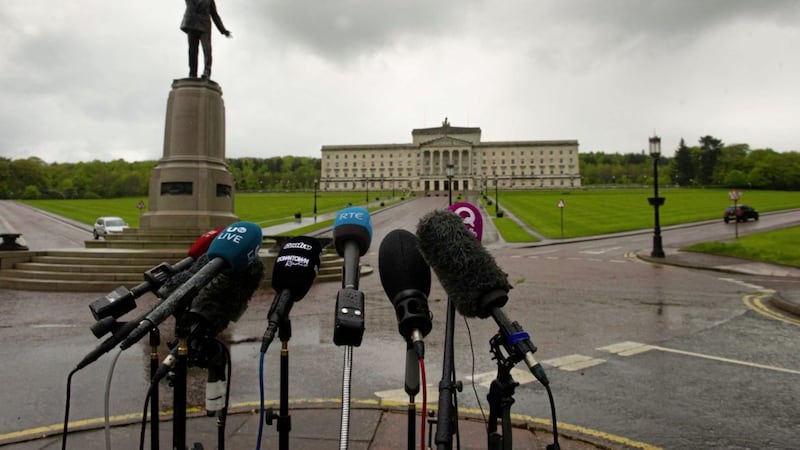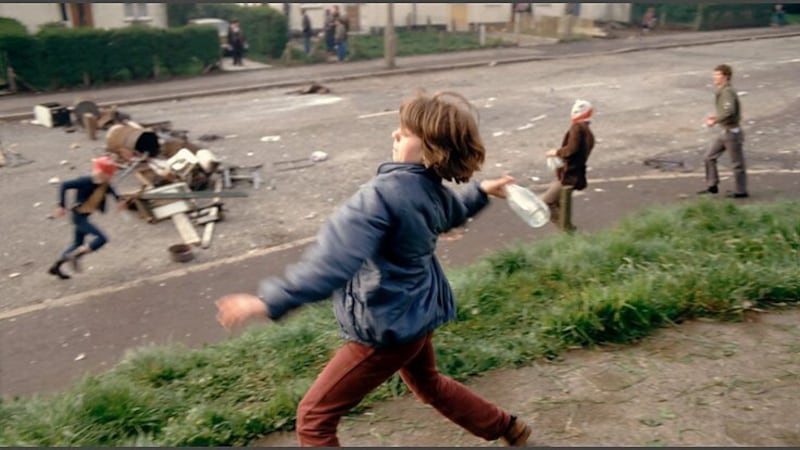THE two governments are right to keep this fresh negotiation process low key because the prospects of success are slim. Brexit, the DUP-Tory confidence and supply deal, RHI inquiry report, absence of trust... the list of impediments to forging a deal in the near future isn't exhaustive but it's significant. The timing is awkward too, with a European election looming in little over a fortnight, yet the governments felt compelled to act after the murder of Lyra McKee.
There's a general acknowledgement that Northern Ireland works better with a functioning government that can deal with so-called bread and butter issues like education and health, albeit within financial parameters largely dictated by London. However, the circumstances that led to Stormont's collapse are complex and require more than a mere commitment to 'shake hands and be friends again'.
Arlene Foster recently spoke of Sinn Féin seeking a "5-0" victory that represents a suite of gains for nationalists at unionism's expense. However, what the DUP leader's binary representation fails to take account of is the widespread desire to reform aspects of devolved legislation that extends beyond the traditional nationalist electorate. Notably, those parties that enjoyed a surge at the polls last week all support an Irish language act and marriage equality.
Read More
- Sinn Féin claims British pledged to legalise same-sex marriage
- Brian Feeney: Suspending petition of concern plain stupid (premium)
- Tánaiste warns parties of 'work to do' in Stormont talks
Not all 'non-unionists' want a united Ireland but they do want the normalisation of society and an end to the north's status as a 'place apart' with discriminatory laws. In many ways, it is not just republicans' demands that the DUP is resisting but the tide of history, the same modernising of attitudes that has led to sea change in the Republic within a relatively short period.
The situation is further complicated by the fact that since the assembly collapsed, Brexit and the DUP's stance on moral issues have seen the party become increasingly isolated from most of its Stormont counterparts, a detachment that was underlined in the results of the local government elections. This situation may suit it electorally but it doesn't auger well for a sustainable, functioning devolved government.
Read More
- George Hamilton accuses politicians over policing confidence
- Brexit Common Travel Area deal to be signed by governments
Yet as it continues to command the balance of power at Westminster and enjoys that particular route to power, there is little motivation for the DUP to compromise. Nothing about its representatives' recent language suggests otherwise. If the British government again fails to exert any pressure on its silent partners in government then there's little reason to be optimistic of a breakthrough, and if this process fails, the likelihood of institutions being restored diminishes greatly and sets us back years rather than mere months.





